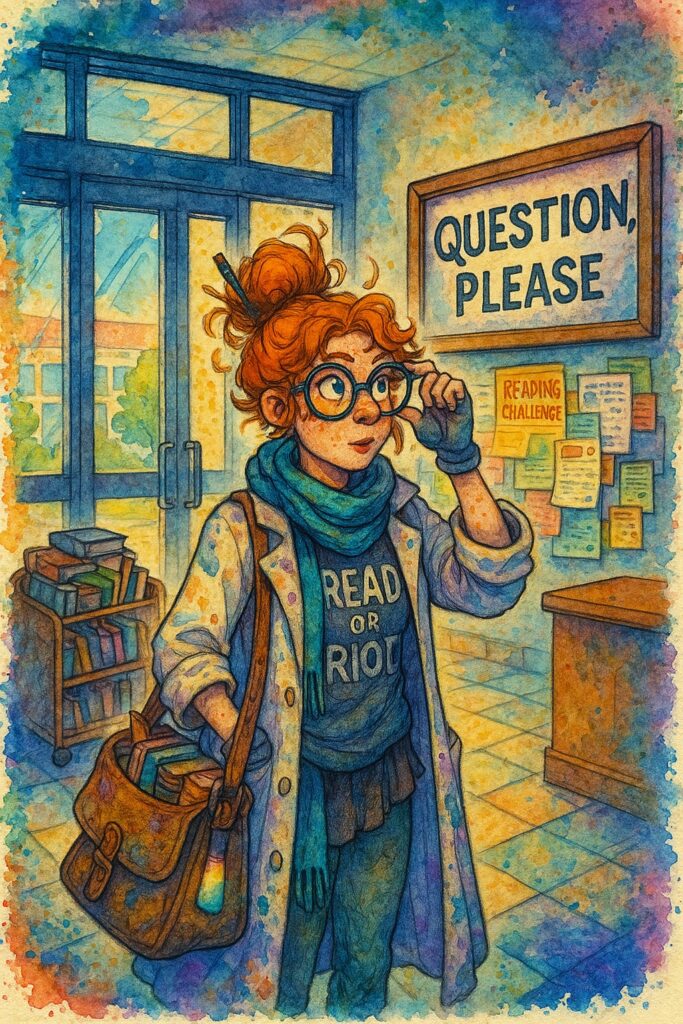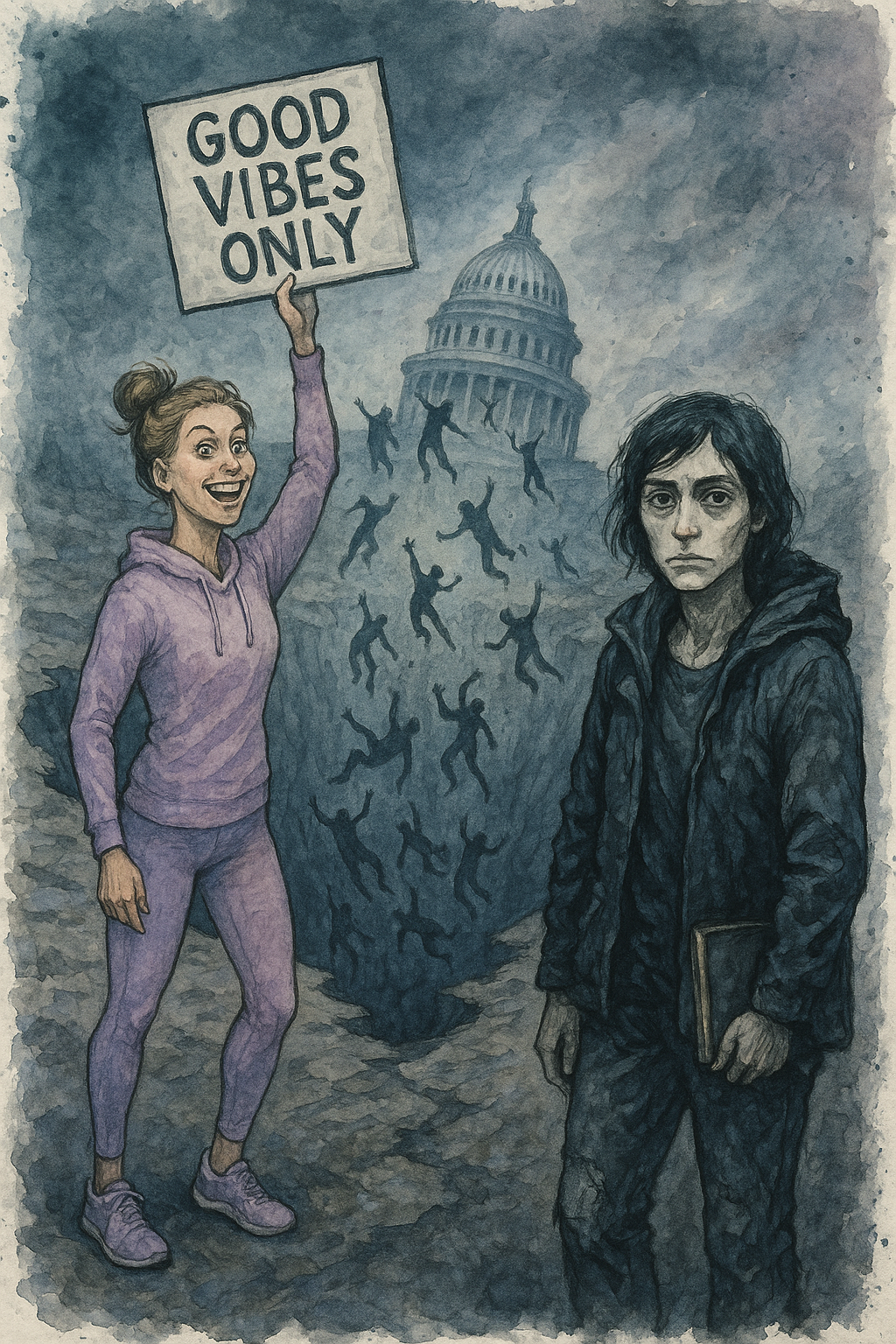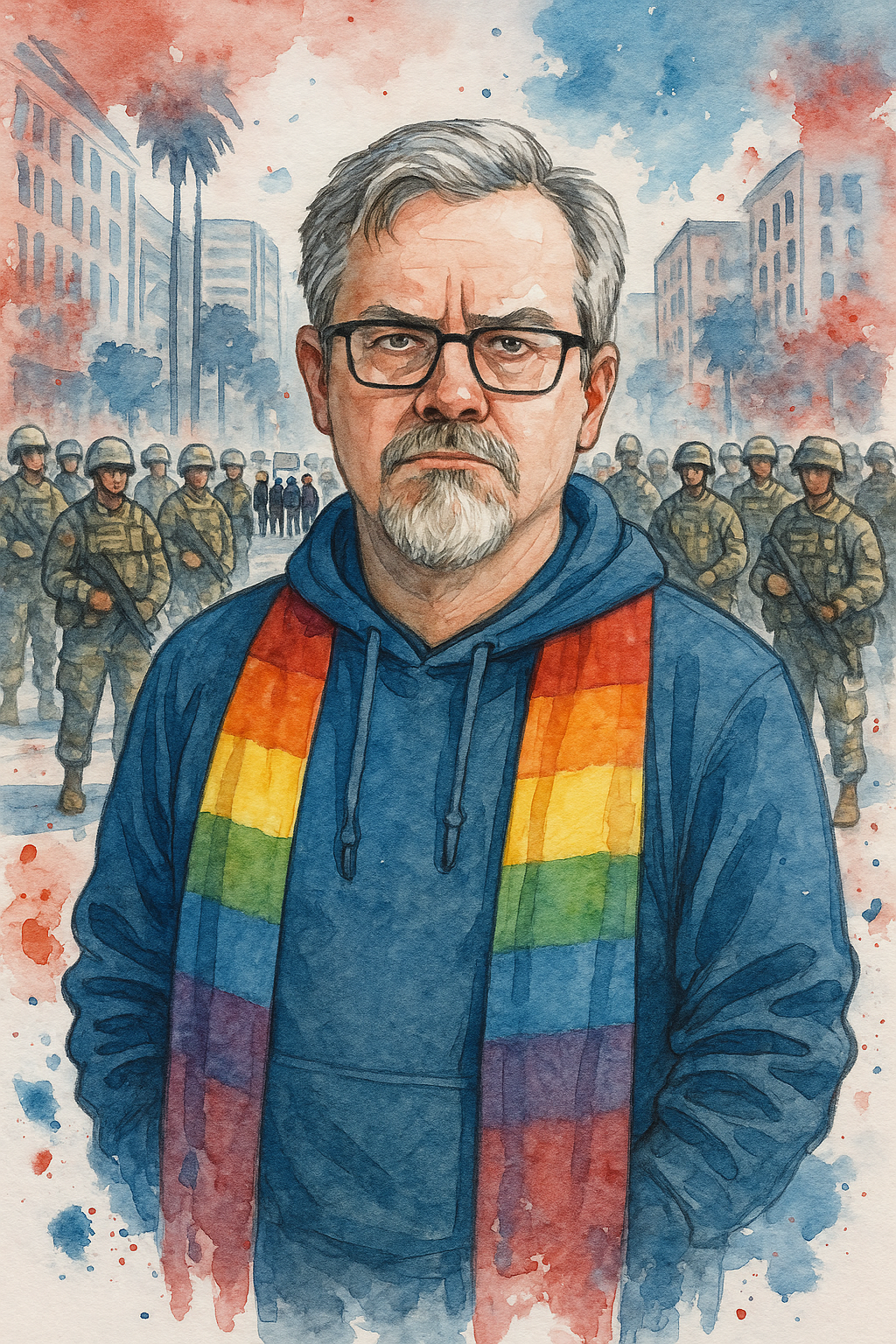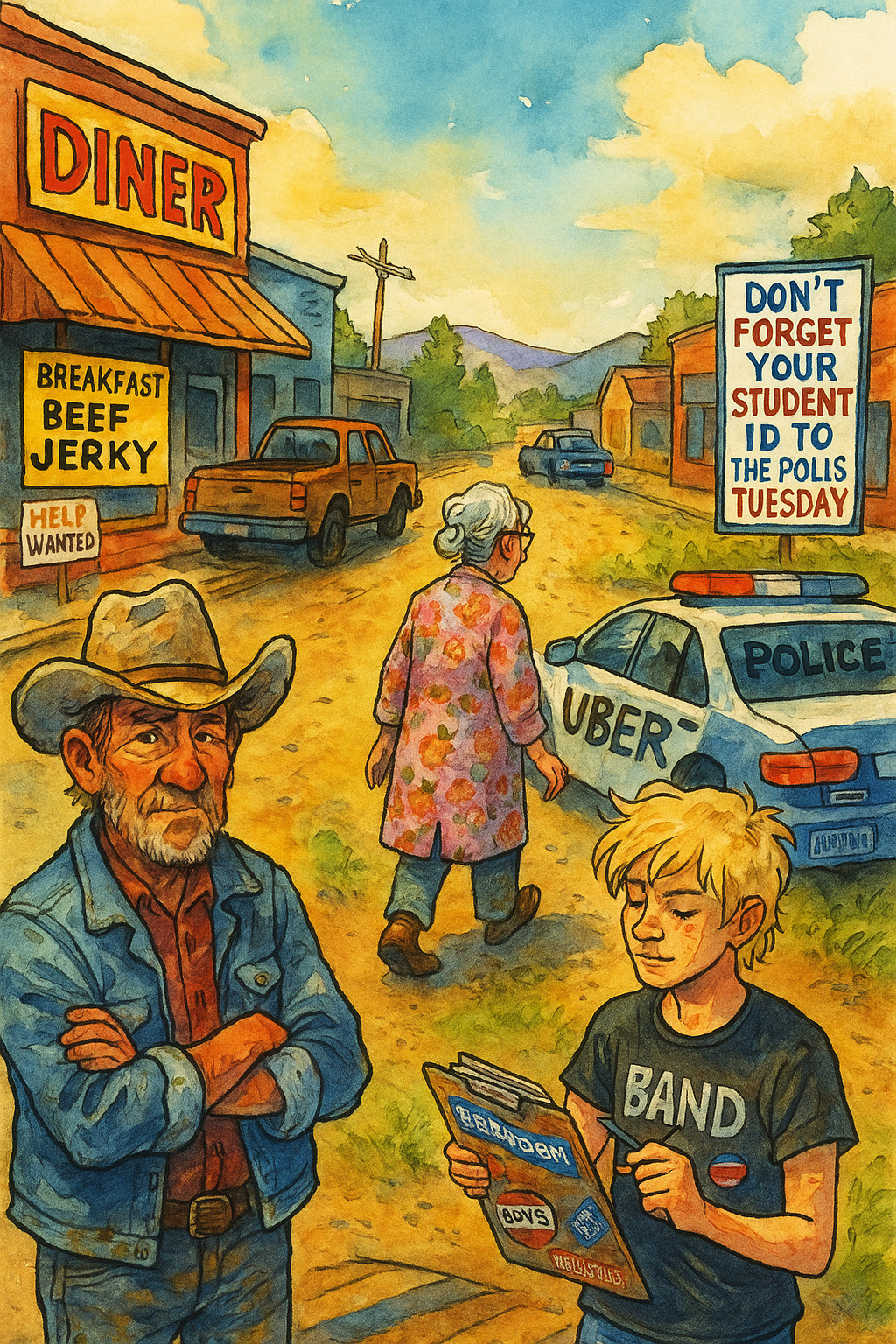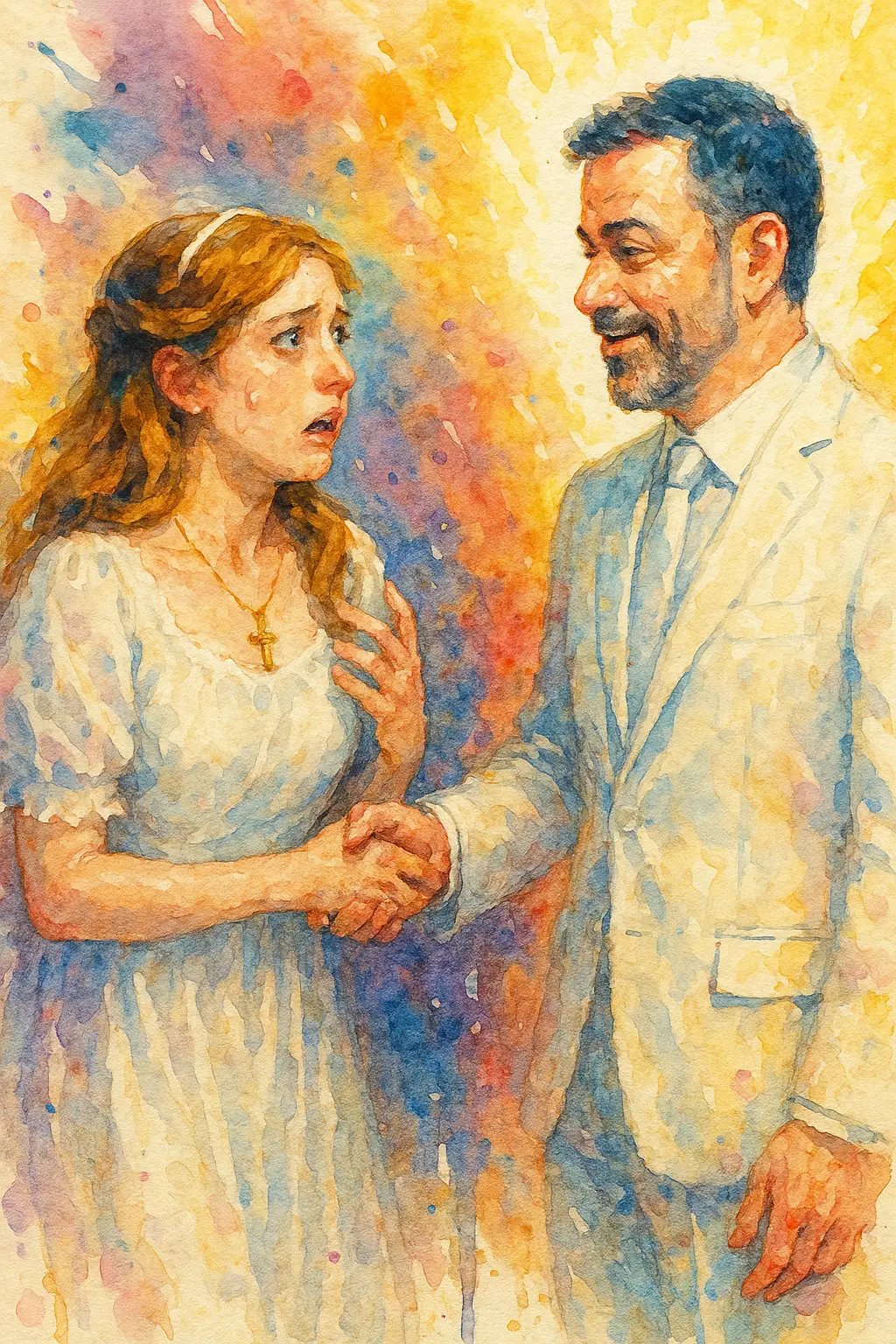When We Can Read—But Don’t
There’s a crisis sneaking through our cultural bloodstream—and it’s not loud enough to make headlines. It doesn’t throw bricks or crash economies. It just quietly unthreads the soul of a thinking society.
It’s called aliteracy: the ability to read, paired with the conscious decision not to.
This isn’t about people who can’t read. It’s about people who won’t. And it’s spreading—not with sirens, but with shrugs.
In a world hooked on hyper-speed dopamine, the slow, sustained pleasure of reading is becoming… quaint. Inconvenient. Optional. And increasingly, skipped altogether.
A 2024 study from the University of Florida and University College London served up the literary equivalent of a gut punch: only 16% of Americans read for pleasure daily, down from 28% two decades ago. That’s not a typo. That’s a cultural aneurysm.
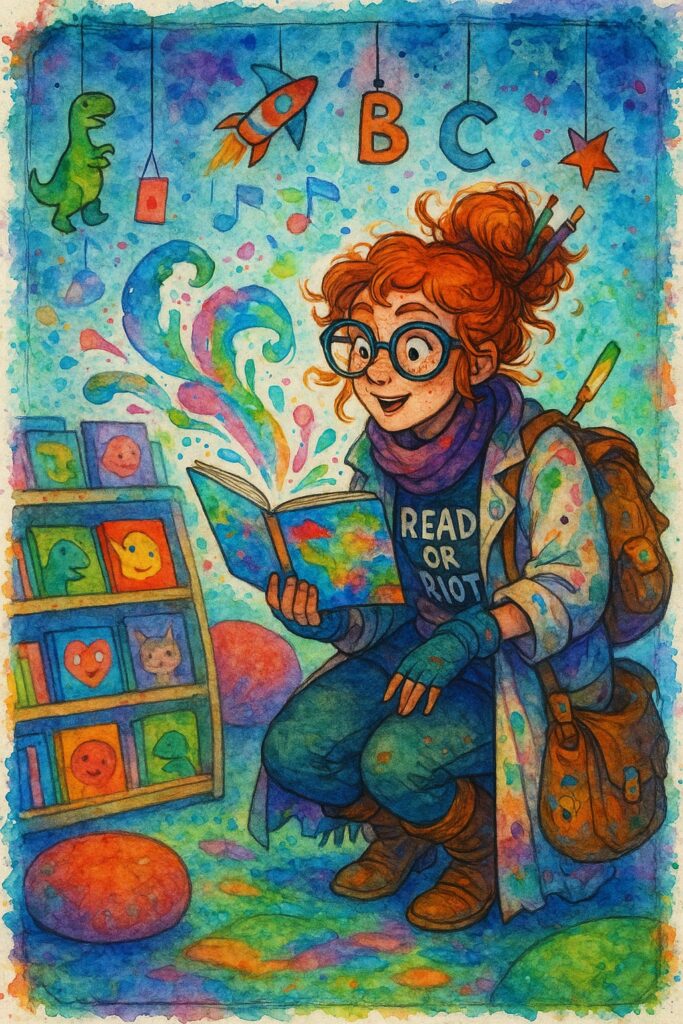
This isn’t just bad news for book clubs—it’s bad news for brains. Because when we stop reading, we don’t just lose stories. We lose stamina for ideas. We lose nuance, empathy, imagination. The muscles that let us wrestle with complexity begin to rot from disuse.
And if you’re thinking, “Well, kids these days…”—congrats, you’re technically correct and still missing the point. In the UK, less than a third of children say they enjoy reading. It’s the lowest level ever recorded, and it’s not just a school problem—it’s a species problem.
Reading isn’t just about decoding symbols. It’s about getting good at being human. Books are rehearsal rooms for empathy. Blueprints for imagination. Workout routines for attention span. When we skip the gym of deep reading, the result isn’t just academic flab—it’s cultural anemia.
And the drop-off? It’s not hitting everyone equally. Rural communities. Low-income families. Black readers. Boys and men. These aren’t just demographics—they’re the frontline casualties of a world that increasingly says, “Why read when you can scroll?”
Let’s be clear: this isn’t a personal failing. It’s not about laziness or lack of willpower. It’s about the environment we’ve built—one that favors endless flickering content over narrative depth. Kids meet screens before they meet stories. Adults fall asleep with phones instead of novels. We’ve constructed an attention economy that profits every time someone chooses distraction over depth.
But here’s the kicker: the answer isn’t finger-wagging or forced reading logs. You can’t discipline someone into wonder.
You have to seduce them back into it.
We need to make reading feel like what it actually is: an act of self-rescue. A quiet revolution. A reclamation of the inner world. Not a requirement. A refuge.
That means reading has to live in homes, not just classrooms. It means choosing books that speak to now, not just to the colonial ghosts of curriculum past. It means carving time for reflection—not just productivity.
Because the real danger isn’t that we’ll forget how to read. It’s that we’ll forget why.
And when a society loses the will to read, it doesn’t just lose stories.
It loses its ability to tell them.
